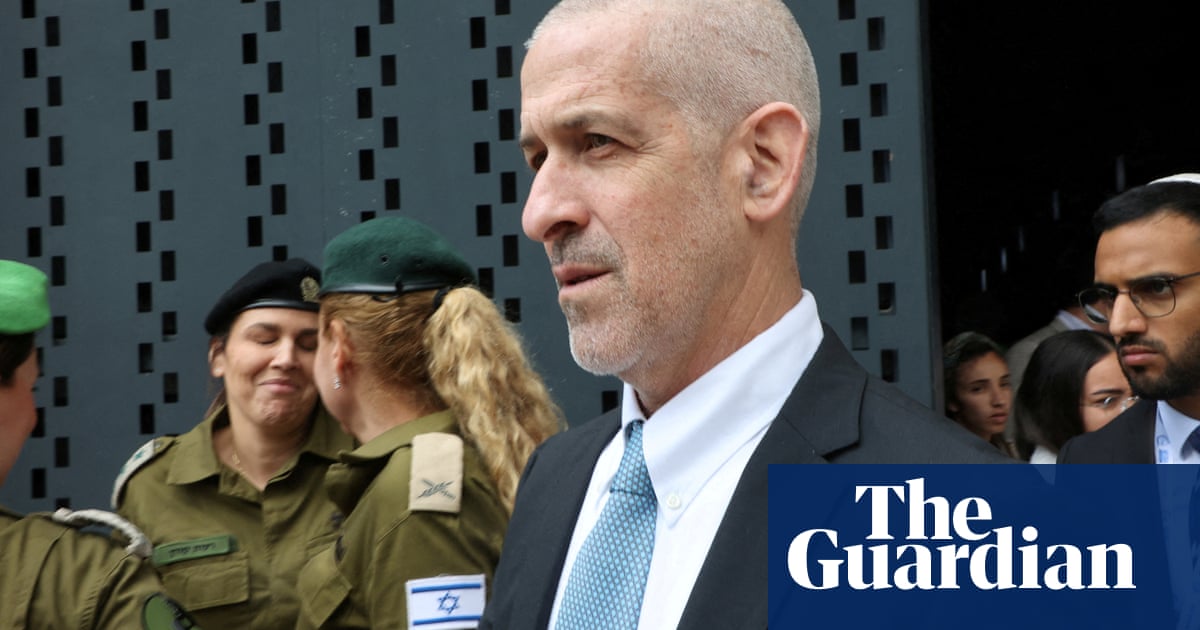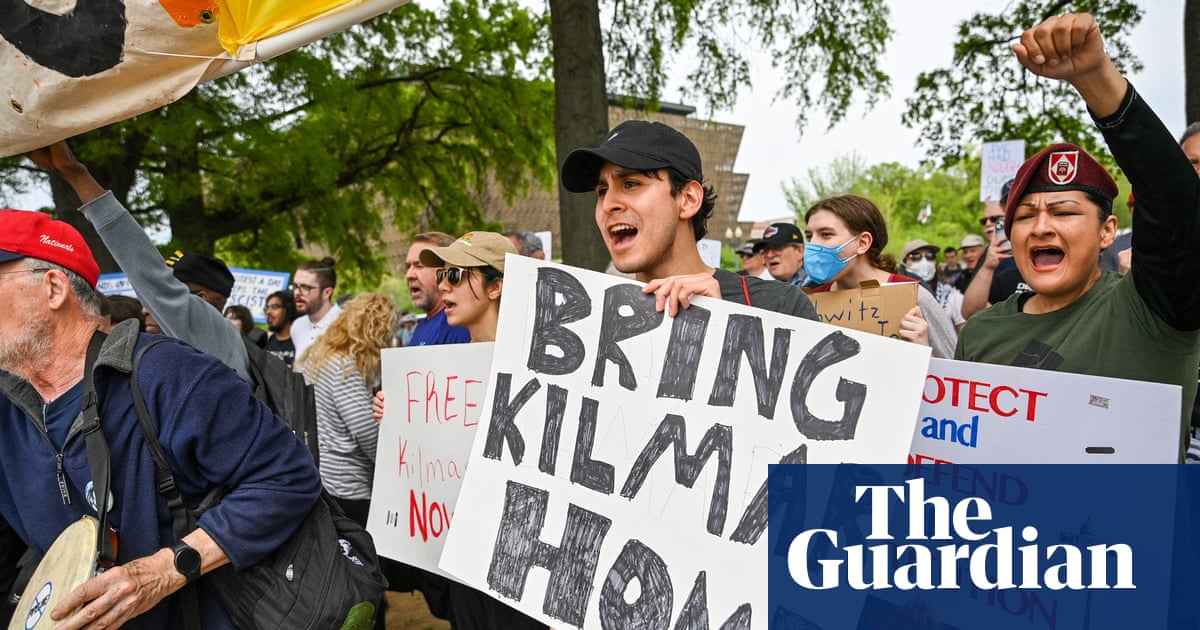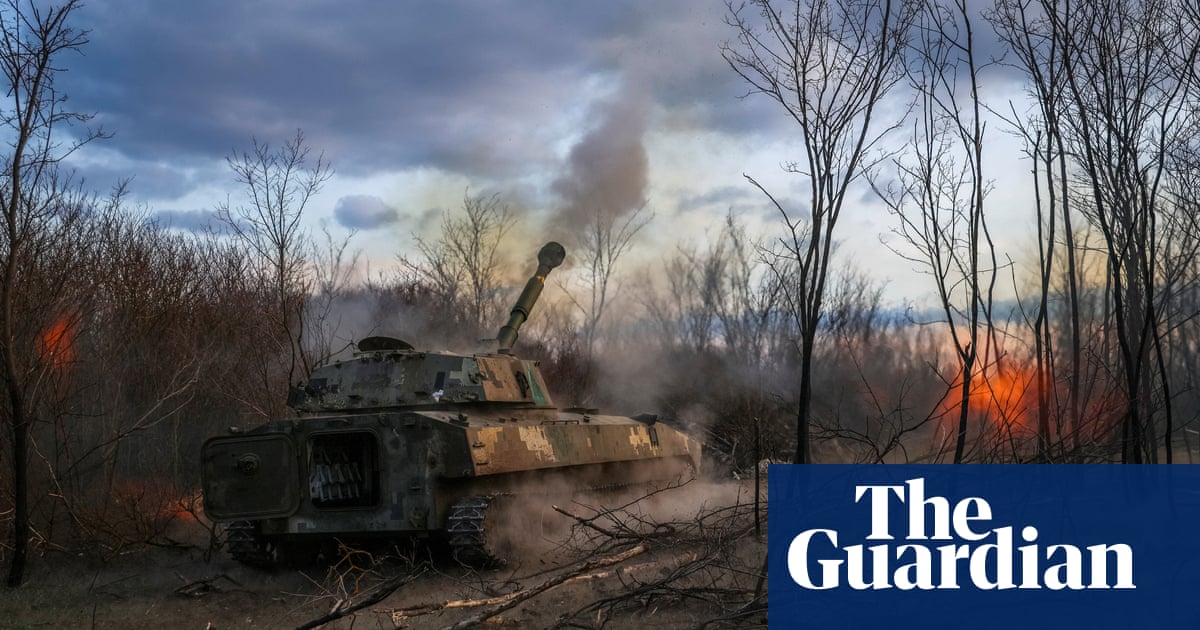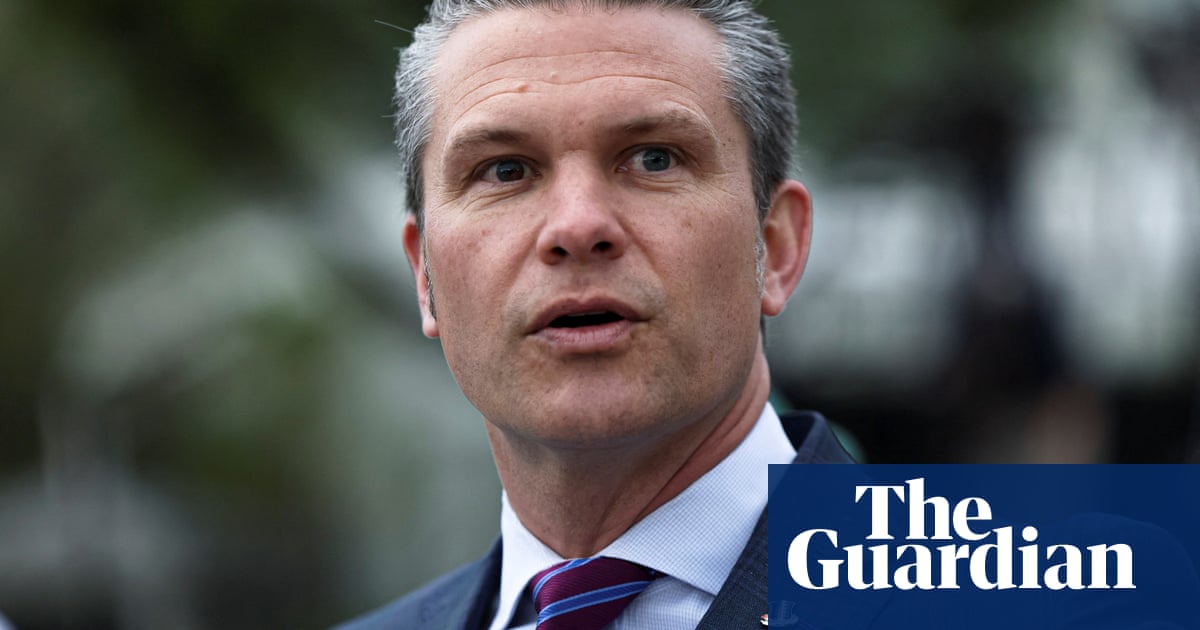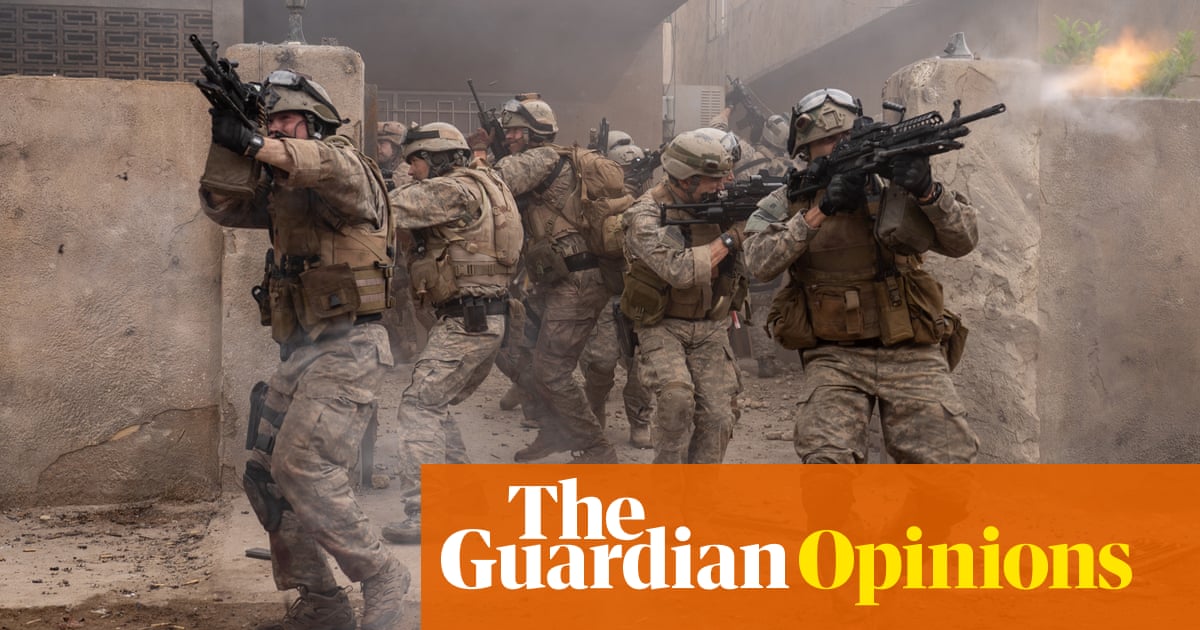Omaha, Cole Webley’s debut film from a screenplay by Robert Machoian (The Killing of Two Lovers), is very much a product of the Sundance film festival, both literally – the duo first connected here – and, for better and occasionally for worse, in tone. Spare, elegiac, quiet but affecting, this John Magaro-led character study is, fittingly, filmed and mostly set in the festival’s home state (for now) of Utah. It’s a tense family drama that mostly keeps its cards close to the chest and an ode, at least visually, to the liminal, fragile states one can enter on the road in the American west.
The bedsheets are still warm and the dawn light still pale when Ella, played by remarkable newcomer Molly Belle Wright, and her younger brother Charlie (a charming Wyatt Solis) pile into the car at the behest of their tight-lipped father (Magaro). He refuses to say where they’re going beyond a “trip”, but from the way Magaro hunches his shoulders and shifts his gaze, you can assume it’s not for pleasure.
Webley smartly dips in and out of Ella’s perspective, a nine-year-old with a child’s ardent desire to impress and help her parent, but with enough awareness to not fully trust them. It’s 2008, evidenced by subtle yet effective period details – a John McCain sign on an abandoned home, an installed car radio, a copy of Twilight among Ella’s last-minute packed belongings – and the family is clearly one of many on a downward spiral. A sheriff slaps foreclosure papers on their door as they drive off.
Machoian’s script is lean and realistically light on the specifics of their circumstances, but reveals just enough to convey a family in unspoken crisis, teetering on an edge you hope will not collapse. Their mother has died of an illness years before; their father, whom Magaro plays as nearly vibrating with grief and poorly concealed stress, can’t afford two kites at the gas station (filmed, as with everything in this slice of America just scraping by, with a childlike wonder at the beauty of the barren, plain or shabby). Webley has a knack for capturing the velocity and great contrast of the American road trip – claustrophobic, comfortable space inside the car, wide open spaces beyond it. We see every angle – above, behind, within, without – of their weathered hatchback on its lonely, fateful journey down I-80 east.
Why go to Omaha? Their father isn’t saying. (A postscript adds historical texture that makes the film feel somehow reverse-engineered and more grounded.) The journey there initially entrances, thanks in large part to Wright’s momentously convincing performance of a child making the best of suspicious circumstances. In looks and naturalistic, inward-facing performance, she recalls Frankie Corio in Charlotte Wells’s Aftersun, another striking debut film about a single father trying to keep it together for a daughter just old enough to perceive something amiss. Solis, playing a six-year-old, has the comic timing of someone much more seasoned; together, the two young actors give Omaha its humor and its naturalistic heft. Much of the film’s compact 83-minute runtime is at once unsettling and amusing, as the children believably self-entertain in a motel pool or with a simple game of “would you rather”.
It’s when we reach the destination, and simmering desperation hits full, near-unbelievable boil, that Omaha wobbles – though the late-stage presence of Talia Balsam injects a much-needed bit of outside perspective into what becomes an insular family affair with diminishing returns. Magaro is given the extremely difficult task of portraying a parent pushed to unimaginable choices by immense stress, and mostly delivers. But Machoian’s script rushes through its final act, as if ripping off a Band-Aid, providing a quick gut-punch but not the bruising devastation earned by the prior hour. Omaha, and the children’s father, is withholding to the point of numbness, particularly in aftermath.
Nevertheless, the hypnotic quality of Webley’s visual style, the fleeting gorgeous moments of sunrise and sunset at speed, the quiet bits of unity and looseness amid crisis, linger after Omaha’s underwhelming, if brutal, final act. It’s an altogether promising debut for Webley and should-be breakout for the young Wright, who makes you believe that though this film may ultimately fail to distinguish itself from the many tight, slight dramas at Sundance, Ella will always be remembered.
-
Omaha is screening at the Sundance film festival and is seeking distribution

 2 months ago
39
2 months ago
39



